I answer the question “Can Foods Help You Get Pregnant?” and dive into the research on some of the biggest fertility foods myths and facts to help you conceive while sharing my infertility and IVF story.
Ladies, real talk here. Remember the days we did EVERYTHING we could to avoid getting pregnant? We would set our alarm every night to take a pill that killed our sex drive and made us gain weight. We would leave our lipstick at home to make room for a condom in our itty-bitty clutch. Hell, we would put copper wires up our lady flower every few years! I don’t know about you, but I spent my entire young adult life scared AF that delaying my birth control pill by just an HOUR would automatically make me a mom. And for some, yes, it really is that easy. But for the rest of us, we have a long, hard, uphill battle to parenthood ahead and it will take a hell of a lot more than missing our pill to get there.
For some of us, when we finally make the choice to trade our nightly pill for a prenatal vitamin, we end up shackled to our ovulation calendars, apps, fancy thermometers, and pee strips. Man, if a mommy blog told us to lick the stick for a more accurate reading, you can bet we would. Unfortunately, just knowing what days to “baby dance” isn’t enough to guarantee said baby. In fact, 1 in 8 couples will suffer infertility for one reason or another- often times, that reason is totally unknown.
Infertility is frustrating, heart breaking and sometimes, downright confusing, so it’s not surprising that a lot of us turn to the internet for answers and solutions. There are hundreds of thousands of fertility blogs, forums, facebook groups and reddit threads out there, all touting that their miracle fertility foods will help you get pregnant. But do these fertility foods actually work? I dug into the research to see where some of the most common recommendations come from and if they’re actually legit.
Can Foods Help You Get Pregnant?
Is Pineapple Core a Fertility Food?
Usually if you buy a whole pineapple, you cut out the core and eat the flesh, right? Not when you’re trying to get pregnant. Fertility forums suggest eating 1/5th of the pineapple (including the core) every day leading up to (and the day of) ovulation. The theory is based on the idea that pineapple core is rich in a digestive enzyme called bromelain, which thins your blood kind of like aspirin would. The thinner the blood, the more likely it is to reach the uterus to encourage a thicker, stickier lining for an embryo to latch onto. Sounds legit, and pretty harmless, but there isn’t any research to support it. The other issue is that excessive levels of bromelain may cause uterine contractions that may actually impair embryo implantation. As if you’re not stressed enough! I say if you like pineapple, then go ahead and enjoy it in moderation any time of day, but I don’t recommend eating an excessive amount of anything or getting into enzyme supplements without first consulting your doctor.
ARE McDonalds Fries Key in IVF?
In vitro fertilization (IVF) is one of the many paths women may need to take in their journey to conceive, and one of the most common recommendations in IVF circles is McDonalds fries. Like, legit, you would think the doctors are recommending them this concept is so rampant. The idea here is that when women have their eggs removed (which will later be frozen or implanted), they bloat around their ovaries. It’s hella uncomfortable, so doctors recommend that women consume a high sodium diet to help pull fluids out of the tender ovaries and redistribute it all over. So the idea of eating Mickey Dee’s does make sense, but it’s not the only way. You can just as easily choose healthier options post-op like a homemade chicken soup with extra bouillon and noodles. Trust me, you’re going to feel like shit anyway, you might want to go easy on your gut.
Should You Chug Pomegranate Juice?
I LOVE pomegranate anything so I was kind of excited when I read so many women swear that a glass of the pricey juice would help thicken their uterine lining, again encouraging an embryo to implant. Some people extend this to include any and all red foods because apparently in their mind red foods = better blood flow? Um… sounds like a bit of a stretch. I haven’t been able to find anything about pomegranate juice or red foods specifically thickening uterine lining, but it is rich in antioxidants which of course is great for us at any time. I say enjoy the pomegranate (or red foods) for their incredible nutrients, but try not to overdo it on the high-sugar juice in the name of fertility.
Should You Pop Back the Brazil Nuts?
Great, another expensive snack to add to your likely already-expensive fertility regime. Some swear that eating a handful of brazil nuts a day helped them and their partner conceive. This is likely because brazil nuts are rich in Vitamin E, which is sometimes prescribed to help women thicken their lining, as well as Selenium, which has roles in sperm mobility (here and here) and healthy ovaries. So this one has some merit legit, but is definitely not a quick miracle fix. Also, you’re not limited to just expensive (and bitter) Brazil nuts. Going for fish, seeds and a variety of different nuts will help you get your nutrient fix.
Should You Sip More Red Raspberry Leaf Tea?
It’s a common recommendation that women load up red raspberry leaf tea during the time of ovulation to help the uterine walls relax for implantation. Unfortunately, most of the research these recommendations are based on have been done on animals, and the findings have been mixed (here and here). Aside from the fact that this stuff tastes a bit like ass, my bigger issue with going ga-ga over the tea is that some rat studies found it actually caused uterine contractions, so like the pineapple, timing may be of the essence. Honestly, I don’t think you need to stress that a cup of tea is going to make or break your baby making journey, so go for a cup (if you like the taste.)
So here’s my confession. I know about these things because I did them all, even the ones I’m telling you are pretty much BS. I did them because I am half of the 1 in 8 couples who struggled to get pregnant and I was desperate to try anything. I wanted to feel like I had even just an ounce of control over something I actually had no control over so I TOTALLY get it if you do all of these too.
For those who know me well, you know I talk about my infertility often because talking to other women who were struggling helped me feel less alone. But for those who don’t know me and just see my sweet little baby bump growing each week on YouTube, let me share my story.
My Infertility and IVF Story
When we finally decided to start a family, I stopped my pill after 15 long years on the stuff. I knew that it could take a few months to get my period back, but something just felt off. A few months later (with no Aunt Flow in sight), I asked my doctor for a referral to a fertility clinic. She didn’t think it was necessary for at least 6 more months, but I thought I better get things checked out just in case. I’m glad I trusted my intuition because a few quick ultrasounds and blood tests later, and I was diagnosed with PCOS. If you’re not well versed on PCOS, it stands for polycystic ovarian syndrome and it is an endocrine disorder that can impact everything from blood sugar regulation, to weight management, to – you guessed it- fertility. I was crushed. Not only for my baby making status, but also for what it meant for my life going forward. Would I be on medication or hormones for the rest of my life? Would I start gaining weight uncontrollably? Would I get Diabetes? I had a lot of questions, but the first and most important one was, how can I get pregnant?
The doctor and I decided to ease our way in because I am young and had about an 80% chance of responding to oral medications. My regime consisted of Metformin for a month, which is typically used as a Diabetes medication. This to me sounded like a strange prescription because while most patients with PCOS have some level of insulin resistance, my blood sugars were all normal. Well, it was fucking miserable. For two weeks I woke up in the middle of the night deep in a vicious blood sugar low where I would be drenched in sweat, and sometimes shaking so bad I couldn’t even get up to grab a snack. I learned pretty quick that I needed to keep candies and crackers by my bed just to get me through the night. In the mornings every day, I would walk to the fertility clinic at 6 AM to have my blood taken and an ultrasound performed to check my ovulation status. I would then wait on pins and needles until about 3 PM each day for a call from the nurse about my results. A month of this went by and I still had no sign ovulation or period, just hell of a lot of disappointment.
The next month I continued my Metformin and early morning checks at the clinic, but added a drug called Letrozole to my routine (also known as Femara in brand name terms). Letrozole is an off-label fertility drug that is usually used for breast cancer because it suppresses our body’s estrogen levels. If that makes no sense to you, I will explain. Basically, I would take the drug for 5 days to drop my estrogen down to practically nothing, then when I suddenly stopped the hormone, my levels would shoot up high enough to induce ovulation. Unfortunately, the jump wasn’t enough for me and that cycle failed.
It also failed the next month when we doubled my dose.
And the month after when we tripled it (the max) and then added a steroid on top of it all. All the while I was losing and gaining weight every week, and my digestion was a total wreck from the hormones.
We had to try something new. Our options were essentially to wait it out and see if the letrozole would eventually work, or cut our losses, and move to IVF. I didn’t want to waste any more time or money on drugs so we chose to do the latter. At first blush, I was excited because I thought IVF was a sure-fire quick fix. Yes, it was expensive, but in my mind, it would mean no more disappointing (and exhausting and expensive) months of taking new drugs that were making me sick, and then going to the clinic and waiting for a call every day. Boy was I ever wrong.
IVF isn’t quick, easy or in any way, guaranteed. In fact, it’s a much bigger time and emotional commitment than anything else. Depending on your age and diagnosis, your chance of a live birth can be as high as 50% and as low as 10%. That means I could go through all of the time, money and agony and only have a 50/50 chance of getting a baby. But I, like so many other women I’ve met on this journey, had no other choice but to try. Just to give you a sense of what it’s like, here’s what my general IVF regime looked like:
- A month of “down regulation” – that meant they put me back on birth control to artificially get my cycle to fit into the timeline they wanted.
- About 10 days of “stimulation” hormones that help your ovaries grow many MANY small follicles (within which are eggs). You need the follicles to get to a certain size to be viable, but you also want to get as many as you can. This means a hell of a lot of needles- some you can give yourself, and others that are too bit awkward and may require your partner to get involved. My hubs could legit be a nurse now because of all the practice he got. But these were the worst days of the whole process because you’re getting poked NON stop and you end up looking 6 months pregnant from all the bloating drugs and follicles. All of this leads up to…
- Retrieval day!! The doctor pokes little holes in your ovaries and carefully sucks the follicles out. I don’t remember much from that day because I was totally put out, but I was pretty sore afterwards. They then retrieve an egg from the follicle, mix it with the sperm in petri dishes and watch them divide and develop for 5 days. After 5 days you get a call about how many em-babies survived and they tell you their “grade” in terms of quality.
- Once you get the call, you have to wait some more. If you’re doing a frozen transfer (which is what most clinics do nowadays), it takes about another month of letting your hormones to get back down to baseline from all the drugs you were on to create an optimal environment to transfer embaby.
- New month, new needles! Now you’re prepping for transfer, which was no where near as bad as the stimulation phase. It means about 1-3 weeks of daily progesterone and estrogen hormone suppositories and needles trying to get your uterine lining to be thick enough to accept a transferred egg. Once the lining is sufficient, it’s time for…
- Transfer day!! This is easy and exciting. The doctor just uses a little tube to place the selected embryo onto the uterine wall, and then you just basically pray it sticks.
- Now is the stressful bit. They call it the two week wait because it takes about two weeks before you start to see the pregnancy hormones come up in your blood work. Longest. Weeks. Ever.
- Assuming babe is there and your numbers are looking good, you stay on those progesterone and estrogen hormone suppositories and injections for another 8-10 weeks (sometimes more). All the while you pray and pray and pray it continues to thrive.
Okay, so, not quite as fool proof as I had naively thought. The whole “cycle” takes about 3-4 months, and for those months, it consumes your life. For me it meant my weight would go up and down about 10-15 lbs every week, I would get blood taken daily for weeks at a time and I became really used to the early morning transvaginal ultrasounds. By the end I could pretty much sleep through all of it. Glamorous, I know.
Was it worth it? I would say so. I thankfully didn’t end up with OHSS (which is a common side effect of IVF that can result in massive dangerous fluid retention). That was the good.
The bad was that my first transfer ended in a chemical pregnancy, which is essentially an early miscarriage, usually because of something genetically abnormal about the embryo. I was devastated, but all I could think about was that I was grateful my body knew EARLY ON what to do about an embryo that wouldn’t result in a viable or healthy baby. I was so grateful that I even had the opportunity to do IVF at all or that I had a supportive partner with whom I so badly wanted this baby. Recognizing my many blessings really was the only thing keeping me from completely falling apart.
I picked myself up and counted down the weeks and days until we could start the transfer hormones up again. Our second transfer ran into another challenge- my damn uterine lining wouldn’t thicken. We extended the hormone support timeline, I went to acupuncture every day, I ate pineapple, pomegranate and brazil nuts galore, and I took some time off to help me “relax”. But still, my lining was only about ½ of what the normal minimum for transfer was. FML. My doctor asked me what I wanted to do. I could cancel the cycle and have wasted all of the expensive drugs, time and my sanity but potentially save my embryo, or I could just go for it and hope for the best. I chose the latter. Two weeks later and I got the call that my pregnancy hormones were high and continuing to climb. It was the best call I ever got in my life.
I highly recommend you check out the new documentary on Netflix One More Shot. Check out the trailer HERE.
So Can Foods Help You Get Pregnant?
Honestly folks, eating pineapple didn’t help my embryo stick my second cycle. Nor did the brazil nuts, or pomegranate juice I drank on the regular. I believe that eating some of these so-called miracle fertility foods in moderation are not likely to make or break your baby making regime, but if they make you feel more “in control” or like you’re doing everything you can, then by all means, eat up. Help yourself stay calm any way you possibly can. But just know that nothing, especially food, is a quick and easy fix. I likely didn’t come into infertility abruptly, so I wouldn’t expect to fix it quickly either. In fact, I get a little anxious when I read about practitioners advocating for these miracle foods as complete alternatives to assisted reproductive technology and pharmaceuticals. I guess if you’re willing to take a lot of time to experiment, then go for it, but most of us who want to be a mom want it REALLY badly NOW. Every month or year without babe is another heartbreak.
Having said that, I do believe that having a general healthy lifestyle and balanced diet may help improve your fertility in the long run, so in part two of this post I’m going to dive into the ideal foods to get pregnant.
Until then, I would love to hear from you.
How many of you or people you know have struggled with infertility?
Have you heard about some of these so-called fertility foods?
What are your thoughts on the question, “Can Foods Help You Get Pregnant?”
Leave me a comment (anonymously if you would like), or feel free to send me a quick email or private message if you want to chat!
Updated on July 29th, 2020

Abbey Sharp is a Registered Dietitian (RD), regulated by the Ontario College of Dietitians. She is a mom, YouTuber, Blogger, award winning cookbook author, media coach specializing in food and nutrition influencers, and a frequent contributor to national publications like Healthline and on national broadcast TV shows.
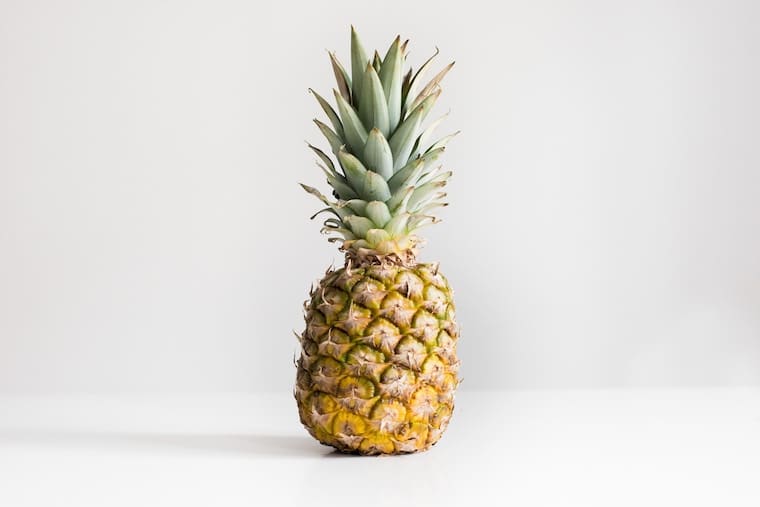
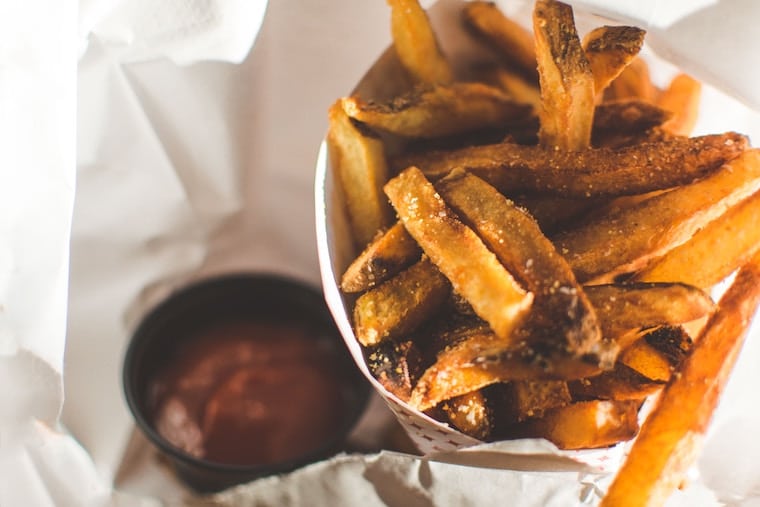
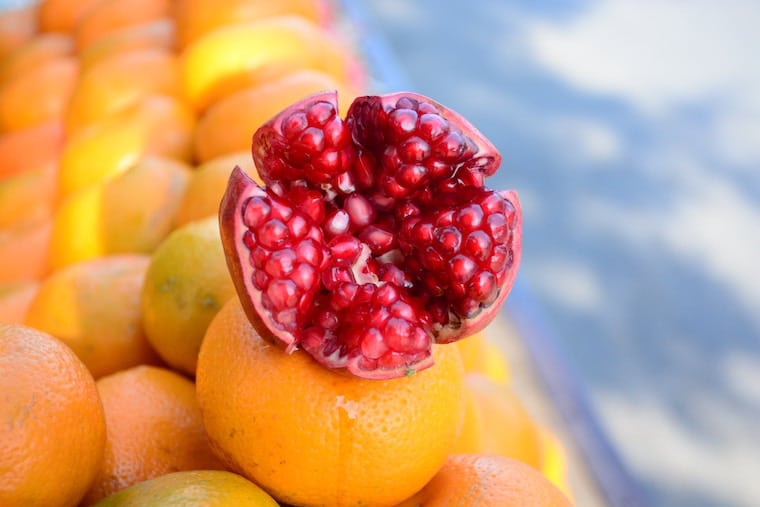

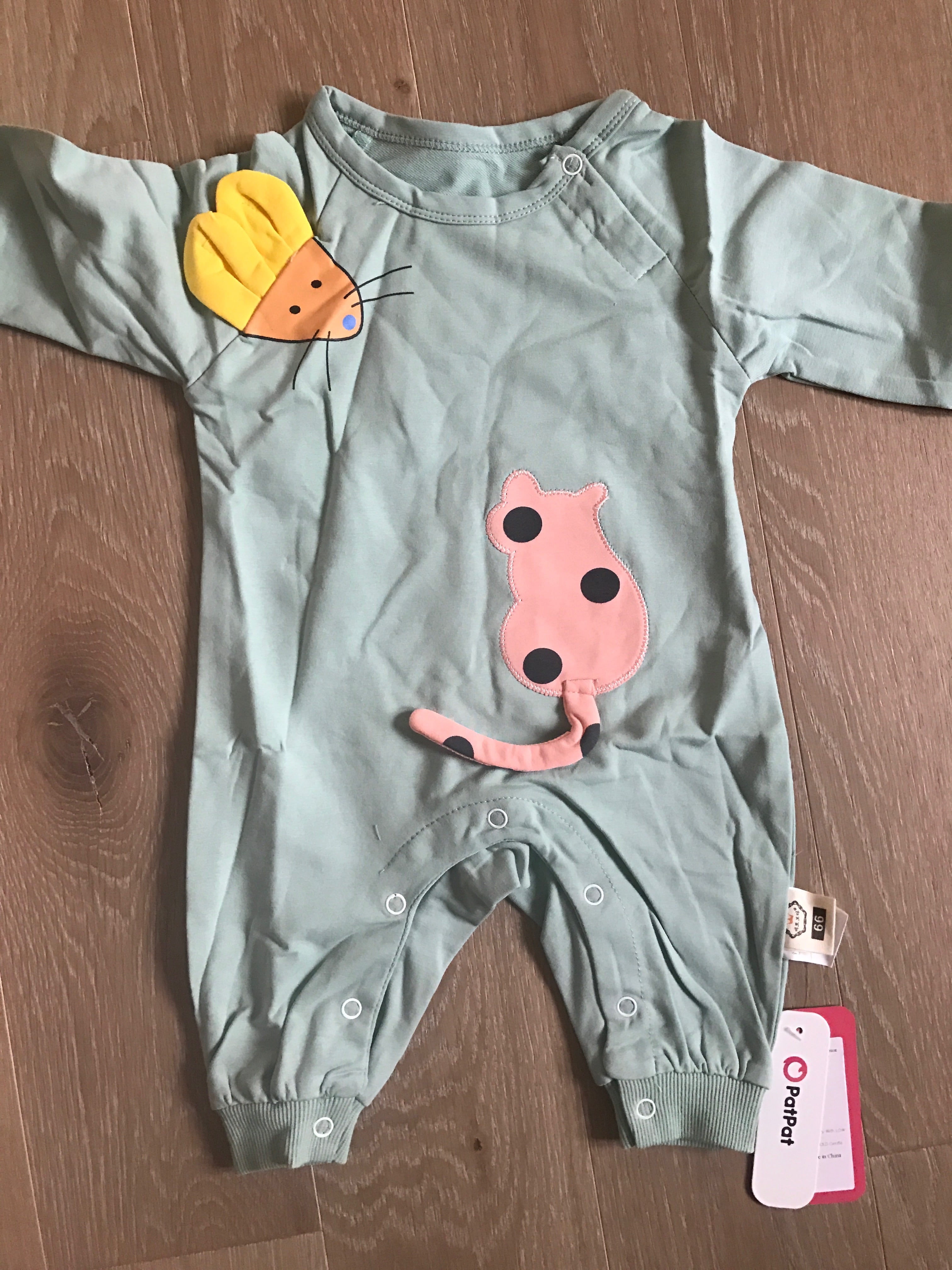
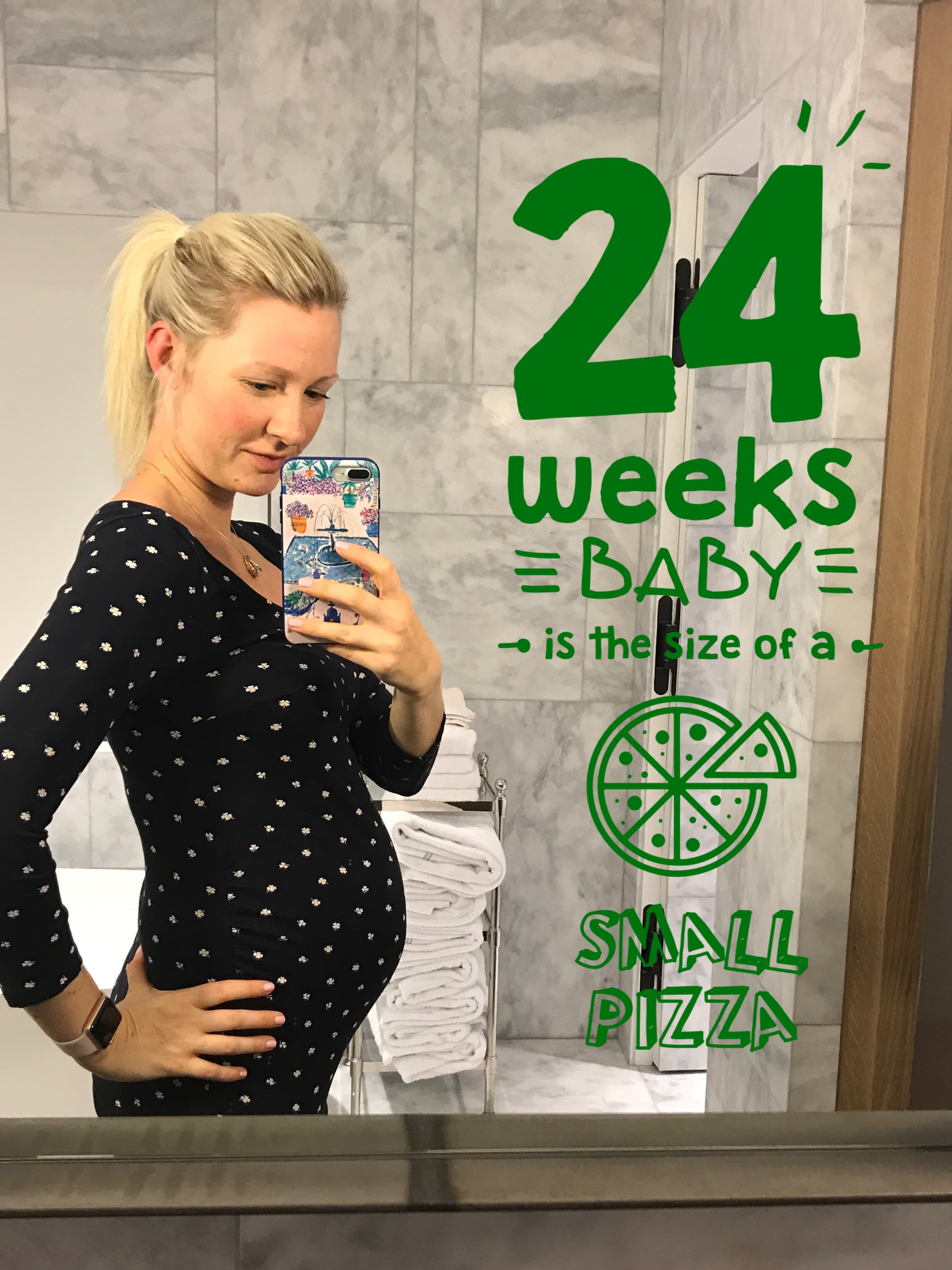

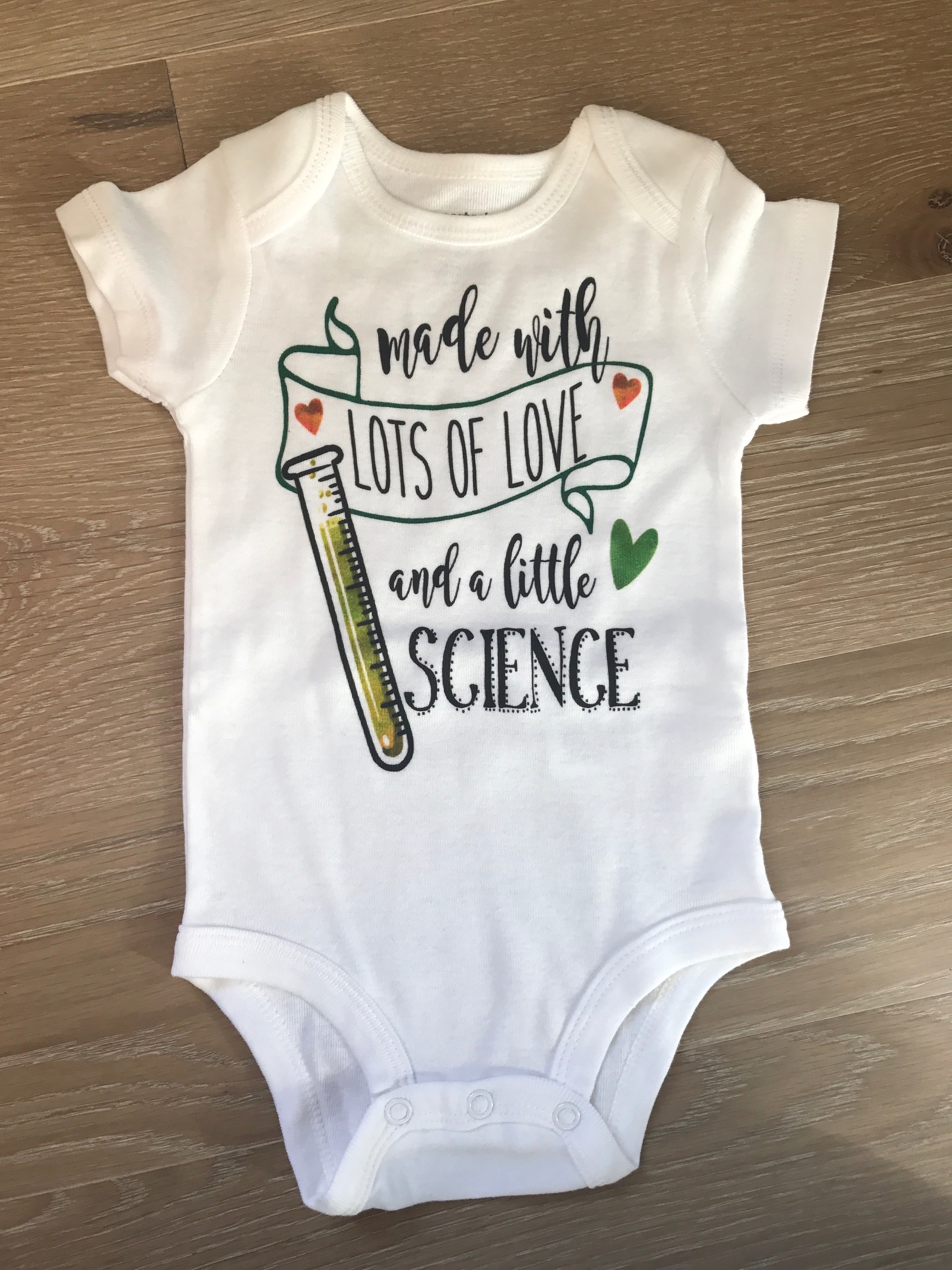
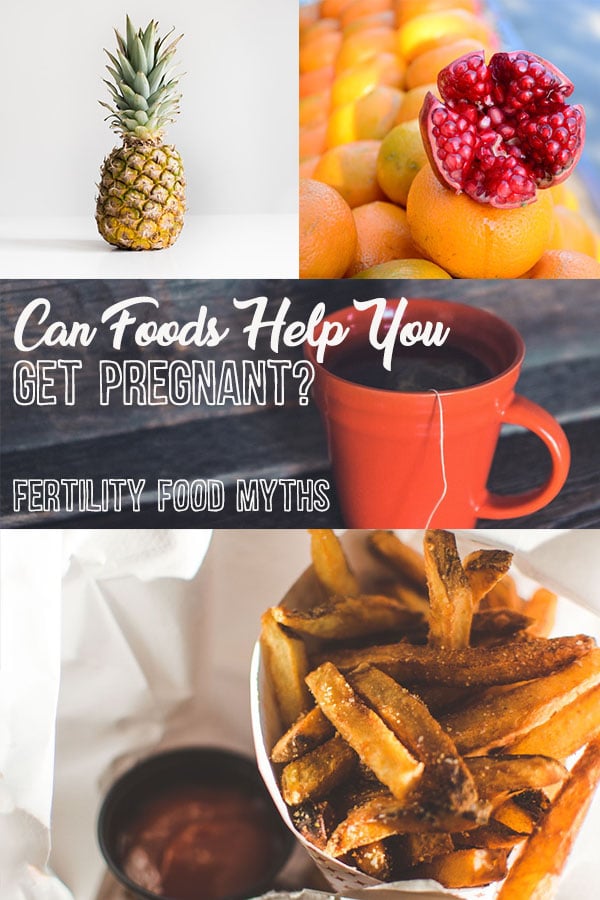


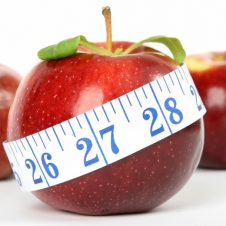

Jhon says
I have enjoyed reading this post. As a pregnant woman, I will try eating these foods after discussing the same with my doctor. I hope the information with food names you have produced would help me carry my pregnancy successfully. Thanks a lot for this post.
Abbey Sharp says
I’m so glad this was helpful!